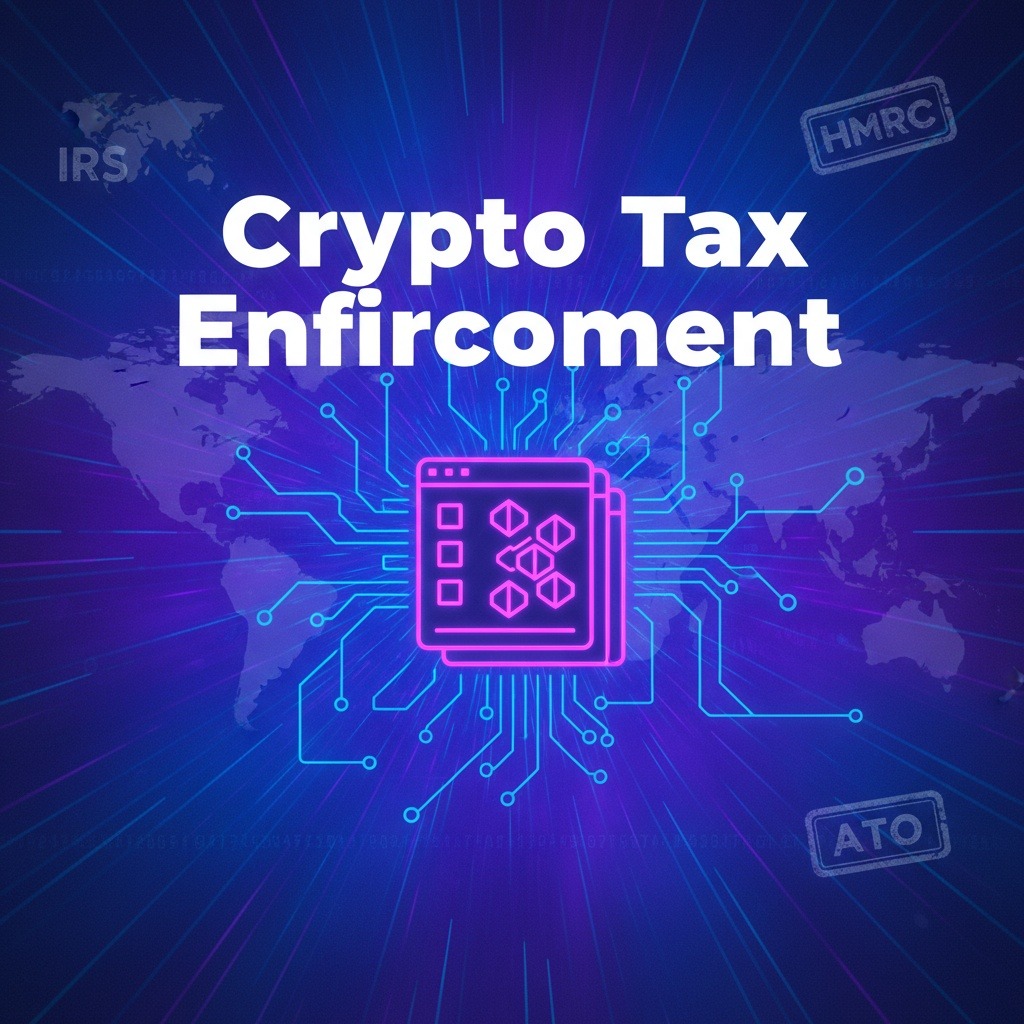As cryptocurrency continues to gain mainstream traction, tax authorities worldwide have intensified efforts to ensure investors comply with reporting requirements. Agencies like the Internal Revenue Service (IRS) in the United States, His Majesty’s Revenue and Customs (HMRC) in the United Kingdom, and the Australian Taxation Office (ATO) treat cryptocurrencies not as currency but as capital assets. This classification means that activities such as selling, trading, exchanging, or spending crypto are considered taxable events subject to capital gains tax.
Understanding Why Crypto Taxes Matter
Unlike traditional currencies, cryptocurrencies are treated similarly to stocks or real estate in the eyes of tax authorities. This interpretation extends to various crypto-related activities including staking rewards, mining income, airdrops, and yield farming, all of which must be declared at their fair market value at the time they are received. Additionally, converting one cryptocurrency into another—such as swapping Bitcoin for Ethereum—can trigger taxable capital gains or losses based on changes in value.
Common Reasons for Non-Compliance
Many individuals neglect crypto tax reporting due to confusion or misconceptions. A prevalent misunderstanding is the perceived anonymity of crypto transactions, which leads some to believe their trades cannot be traced by government agencies. Others avoid reporting by using non-Know Your Customer (KYC) platforms or self-custody wallets that they assume are beyond regulatory oversight. Furthermore, the complex and technical nature of record-keeping—tracking exact transaction times, quantities, and market prices—adds to the reluctance or inability to comply properly.
It is important to note that merely holding cryptocurrency (“hodling”) is not a taxable event. Taxes become relevant only when crypto assets are sold, traded, or used in a way that realizes a gain or loss.
How Authorities Are Tracking Crypto Activity
Tax authorities leverage sophisticated blockchain analytics tools provided by firms like Chainalysis and Elliptic to analyze transaction patterns and link digital wallet addresses to real-world identities. Global cooperation frameworks such as the Financial Action Task Force (FATF) and the Organisation for Economic Co-operation and Development’s (OECD) Crypto-Asset Reporting Framework (CARF) facilitate international data sharing, making it increasingly difficult to conceal taxable activity—even involving privacy coins or cross-chain DeFi transactions.
Cryptocurrency exchanges also report detailed user transaction data through official tax forms, like the US Form 1099-DA, enabling tax agencies to cross-check filings and identify discrepancies.
Potential Consequences of Failing to Report
Ignoring crypto tax obligations can lead to a range of repercussions. Initial non-compliance may result in IRS notices asking for clarification or additional documentation. Persistent failure to report or underreporting gains may escalate to audits, financial penalties, interest charges, and in extreme cases, criminal prosecution for tax evasion.
Maintaining accurate, comprehensive logs of all cryptocurrency transactions—including trades, staking returns, and associated fees—is crucial. Proper record-keeping not only facilitates accurate tax filings but also helps reduce the risk of errors that could trigger audits or penalties.
Steps to Mitigate Past Non-Compliance
Individuals who have previously neglected to report cryptocurrency income can take proactive measures. Consulting a tax professional to retrospectively file amended returns or voluntarily disclose unreported earnings can mitigate penalties. With evolving tax regulations and improving blockchain forensic methods, timely corrective action is advisable to align with compliance requirements.
In summary, as tax authorities increase scrutiny on digital assets globally, understanding the tax implications of cryptocurrency transactions and adhering to reporting standards is essential. Transparency and diligent record-keeping are the best defenses against penalties and enforcement actions in the expanding crypto tax landscape.



